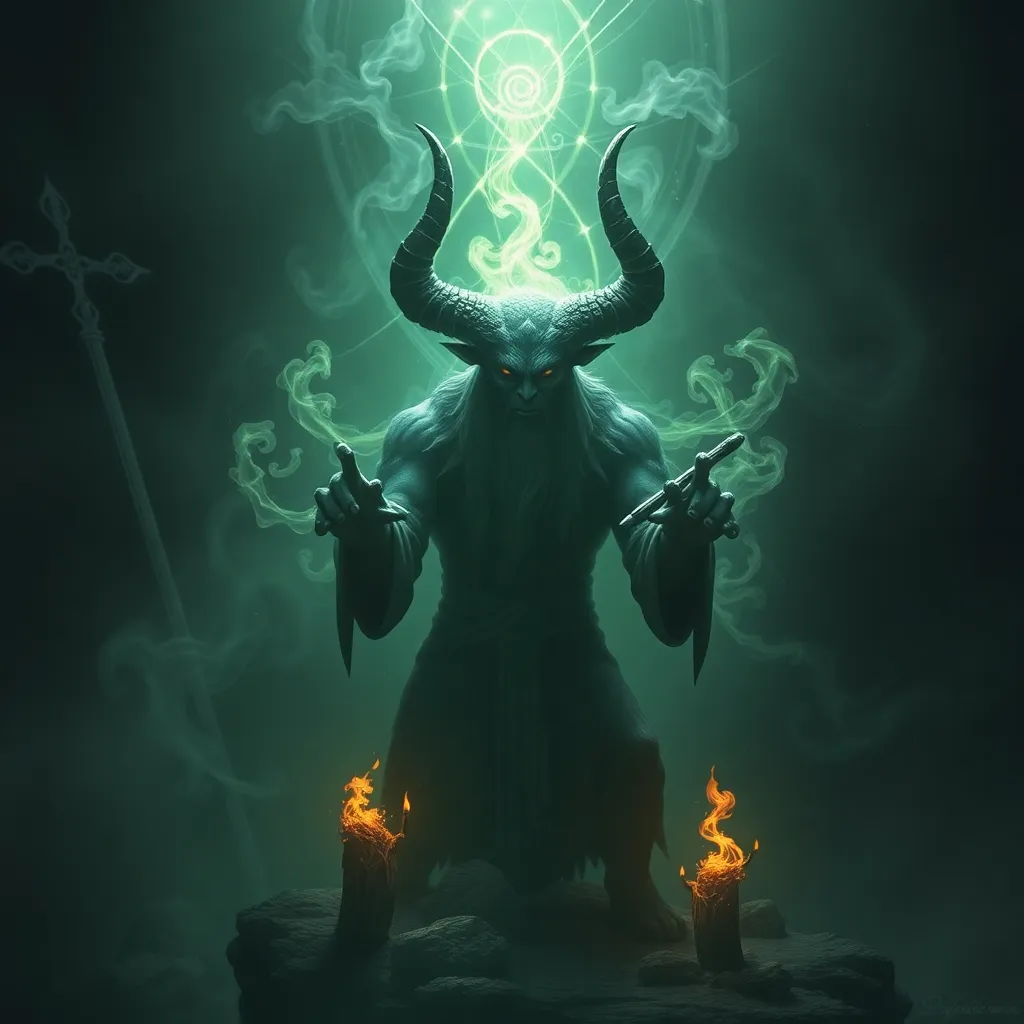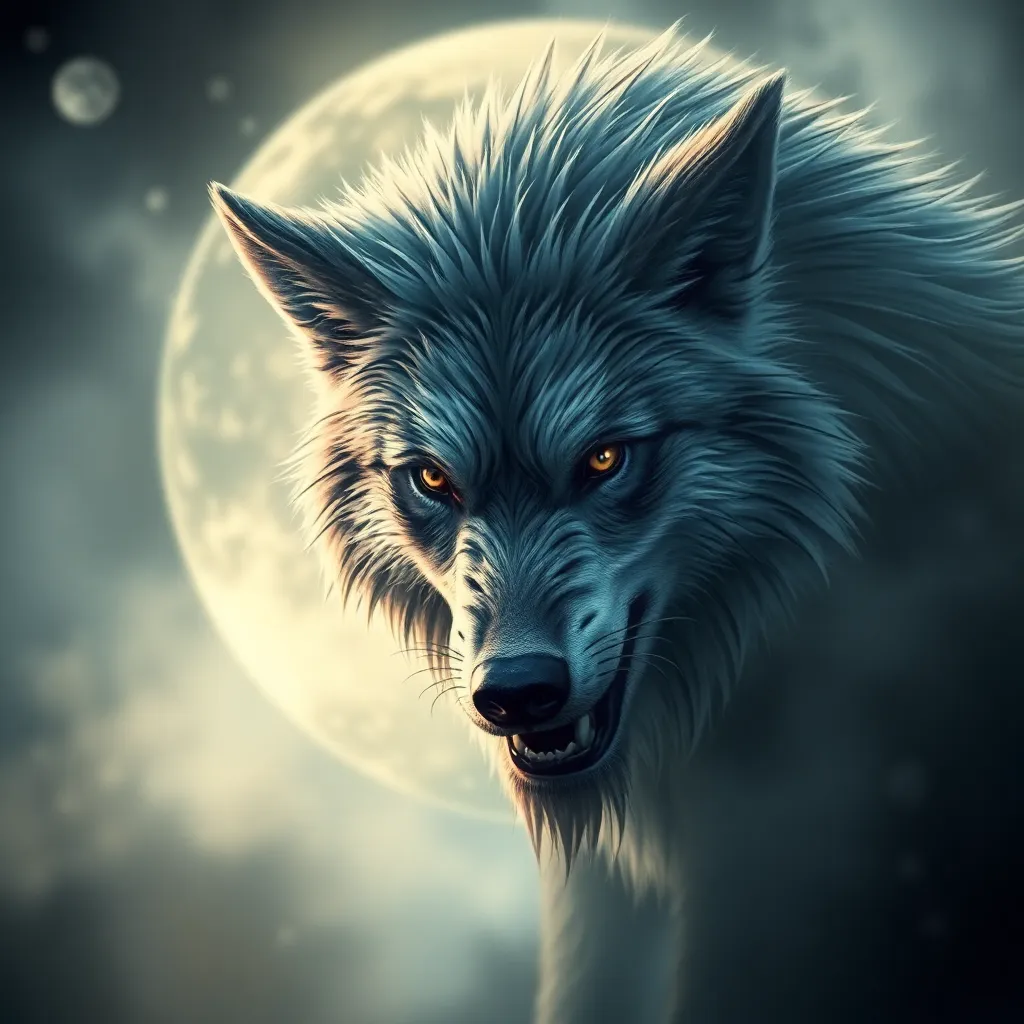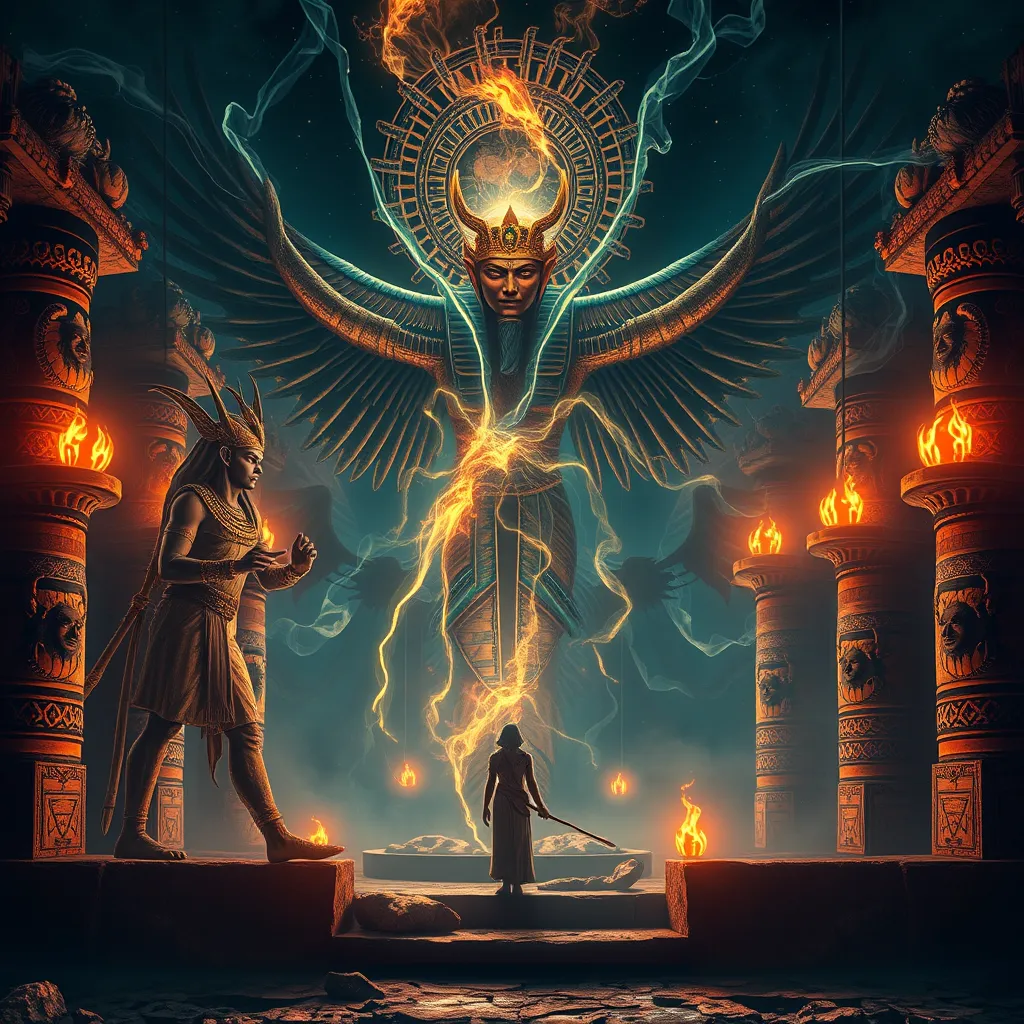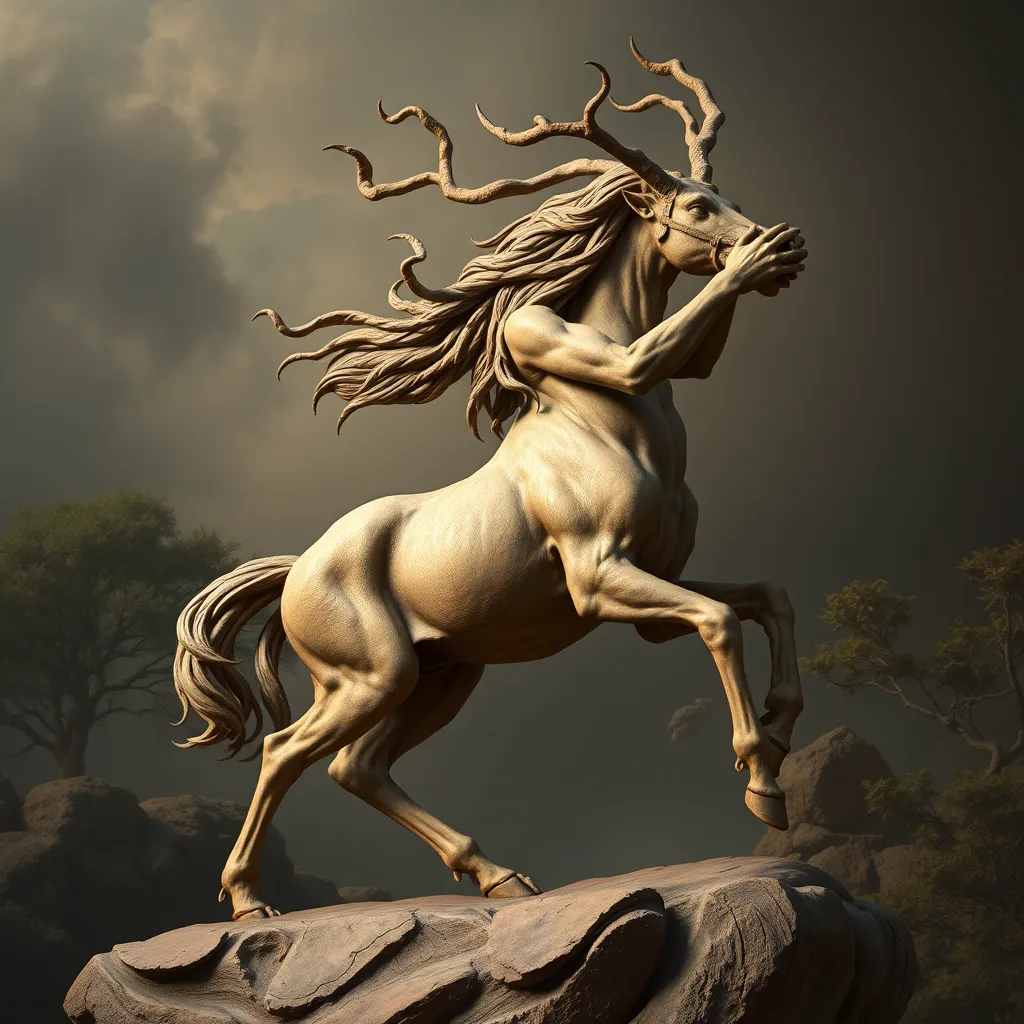Orcish Prophecy & Divination: Examining the Role of Omens & Foretelling in Orcish Societies
I. Introduction
The diverse cultures of Orcish societies are rich in traditions, rituals, and beliefs that have been passed down through generations. Among these, the concepts of prophecy and divination hold significant importance. Orcs believe that the world is filled with signs and omens that can guide their actions and decisions, impacting their identity and societal structures.
This article aims to explore the significance of omens and foretelling in Orcish cultures. By examining historical contexts, divination practices, and the role of influential figures like shamans and prophets, we will uncover how these elements shape Orcish identity and community cohesion.
II. Historical Context of Orcish Prophecy
Orcish prophecy is deeply rooted in ancient traditions, evolving significantly over time. Initially, these practices were simple interpretations of natural events, but as Orcish societies developed, so did their understanding and methods of divination.
Neighboring cultures also influenced Orcish divination practices. For instance, interactions with human and elven societies introduced new symbols and interpretations, leading to a richer tapestry of prophetic beliefs.
Key historical events, such as significant battles or the rise and fall of leaders, are often tied to prophetic interpretations. These events not only shaped Orcish history but also reinforced the importance of prophecy in their societal narrative.
III. Types of Omens and Divination Practices
Orcish divination practices can be categorized into several types:
- Natural omens: Signs from nature, such as animal behaviors or celestial events, are closely monitored. For example, the migration patterns of certain creatures might be interpreted as an omen of upcoming challenges.
- Ritualistic divination: Ceremonies involving offerings, chants, and dances play a crucial role in invoking divine guidance. These rituals are often conducted during significant life events, such as births, marriages, and deaths.
- Use of dreams and visions: Shamans and individuals often report dreams that are interpreted as prophetic messages. These dreams are considered a direct communication from the spiritual realm and are taken seriously within the community.
IV. The Role of Shamans and Prophets
Shamans hold a revered status within Orcish communities, acting as intermediaries between the physical and spiritual worlds. Their societal status is often akin to that of leaders or advisors, as they are entrusted with interpreting omens and guiding decisions.
The training and initiation processes for shamans are rigorous. They often involve:
- Years of apprenticeships under established shamans.
- Experiences of spiritual journeys or visions that affirm their calling.
- Ritualistic tests that demonstrate their ability to interpret divine messages.
Throughout Orcish history, several famous prophets have emerged, providing guidance during tumultuous times. Their contributions often include unifying clans, predicting wars, or foreseeing famine, which have left a lasting impact on Orcish society.
V. Interpretation of Omens: Beliefs and Methods
Common symbols in Orcish prophecy carry deep meanings. Some of these symbols include:
- The wolf: Represents loyalty and strength, often interpreted as a sign of unity among clans.
- The storm: Seen as a warning of impending conflict or turmoil.
- Fallen leaves: Indicate change and the need for adaptation.
Community involvement is crucial in the interpretation process. While shamans lead the interpretations, the input from the community enriches the understanding of omens. This collaborative approach fosters a sense of unity and collective identity.
However, there exists a balance between skepticism and belief in prophetic messages. Some Orcs may question the validity of certain prophecies, leading to debates within the community about their meanings and implications.
VI. Prophecy and Its Influence on Orcish Culture
Prophecy plays a vital role in shaping social norms and laws within Orcish cultures. Many laws are established based on prophetic insights, ensuring that the community aligns its practices with perceived divine will.
The influence of divination extends to warfare and conflict resolution. Prophetic messages often guide strategic decisions, determining when to engage in battle or seek peace with rival clans.
Moreover, prophecy is a crucial element in shaping Orcish identity and unity. Shared beliefs in prophetic messages foster a collective spirit, reinforcing the values and traditions that bind Orcish communities together.
VII. Case Studies: Notable Prophecies and Their Outcomes
Several significant prophecies have left a profound impact on Orcish history:
- The Prophecy of the Rising Sun: This prophecy foretold the unification of warring clans under a single banner, leading to a powerful Orcish empire.
- The Dream of the Ancestors: A vision experienced by a renowned shaman, which warned of a devastating conflict with neighboring humans, prompting preemptive diplomatic efforts.
- The Echo of the Mountain: A prophecy that predicted natural disasters, urging communities to prepare, which ultimately saved many lives.
The aftermath of these prophetic events has often led to cultural reflections and lessons learned. Orcish societies have adapted and evolved, incorporating these experiences into their understanding of prophecy and its relevance.
VIII. Conclusion
In summary, Orcish prophecy and divination are integral components of their cultural identity. The exploration of omens and foretelling reveals a complex interplay between belief, culture, and community cohesion.
The ongoing relevance of these practices in contemporary Orcish societies highlights their importance in navigating modern challenges while staying connected to ancestral traditions. As Orcs continue to face new realities, the wisdom gleaned from prophecy remains a guiding light, shaping their identity and unity for generations to come.



